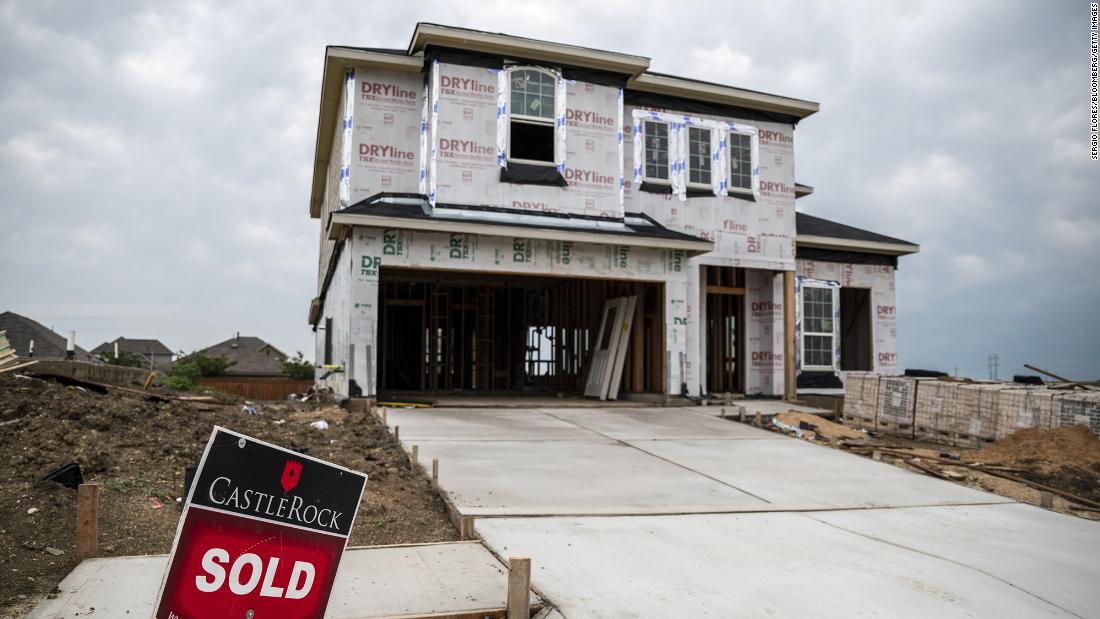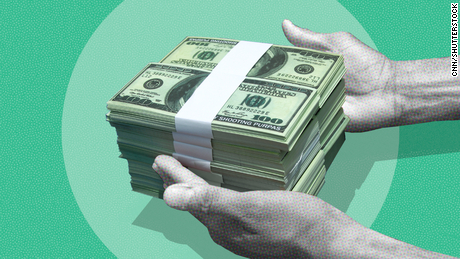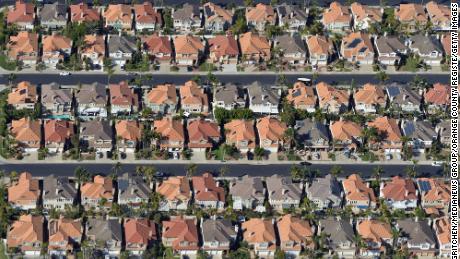Despite surging home prices that are rising at the fastest pace on record, the Federal Reserve continues to prop up the housing market
That’s because the Fed’s emergency strategy is artificially lowering the cost of mortgages, and further boosting prices that already looked stretched in many markets.
“The Fed just continues to pour more gasoline on that fire,” said Peter Boockvar, chief investment officer at Bleakley Advisory Group.
Of course, the central bank certainly deserves credit for its historic efforts to prevent the Covid recession from morphing into an all-out depression.
That unprecedented support, along with trillions of dollars of stimulus from Congress and the Trump and Biden administrations, set the stage for a rapid recovery.
‘Prices are exploding’
“Forecasters have a lot to be humble about. It’s a highly uncertain business,” Powell said. “We’re very much attuned to the risks and watching the data carefully.”
The data in the housing market are off the charts.
The median sale price for a home hit a record $341,600 in April — the highest since the National Association of Realtors began tracking the numbers in 1999. Moreover, single-family home prices soared by 20% from last year — the biggest jump since the group began tracking prices in the early 1970s.
Danielle DiMartino Booth, a former Fed official, agreed that the most obvious starting point for the Fed to begin to remove stimulus is on the mortgage front.
“Ultra-low mortgage rates have helped feed a frenzy in housing,” said Booth, who is now CEO and chief strategist at Quill Intelligence.
Making inequality worse
Nor does the Fed want to spook investors who have become accustomed to free money from central banks. A steep market drop could undermine confidence in the economy.
Still, the central bank’s support for an already-booming housing market risks locking first-time home buyers out of the market. That would be a very negative outcome given that owning a home is the way many Americans build wealth. How many Millennials are likely to have enough money saved to make all-cash offers?
The Fed’s support is “making inequality worse,” said David Kelly, chief global strategist at JPMorgan Funds. “You end up subsidizing the rich at the expense of the poor.”
‘Running too hot’
To be sure, central bankers don’t have the power to narrowly tailor their policies the way that lawmakers and presidents can. (For good reason, since they’re not elected). Monetary policy is a blunt tool.
“Just because you only have one sledgehammer, doesn’t mean you have to use it everyday,” said Kelly.
“Double-digit price increases is running too hot, to the point that it’s slowing things down,” said Boockvar, the Bleakley CIO.
In other words, the Fed’s support for housing may be helping to depress activity — exactly the opposite of its stated purpose.
![]()








